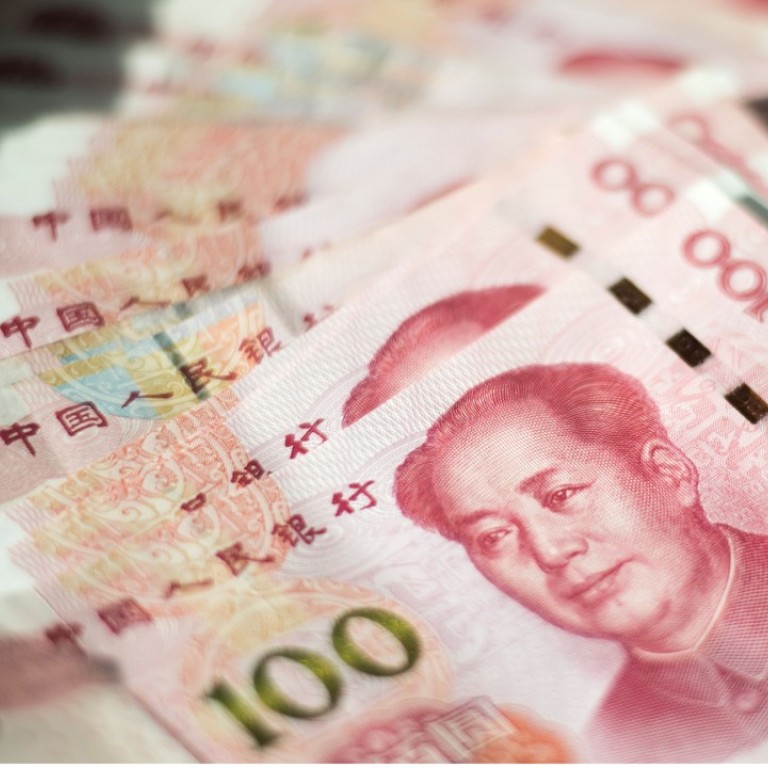
China’s central bank tightens rules on asset management firms in move to reduce risks
The rules, first unveiled in draft form in November, cover such areas as putting aside income for risk reserves and a ban on implicit guarantees
China’s central bank unveiled far-reaching rules on the asset management sector on Friday, including regulations on leverage limits and a ban on implicit guarantees, as part of broader efforts to reduce financial risks.
Market players have been awaiting the release of the final version of the new rules for China’s US$15 trillion asset management sector. Banks have protested that the draft rules are too stringent, and could be a potential trigger for systemic risks.
The rules, a draft of which was published in November, will close loopholes that have allowed regulatory arbitrage, reduce leverage levels to curb asset price bubbles and rein in shadow banking activity.
The rules were as onerous as expected, with leverage limit caps for financial institutions managed by financial institutions unchanged from levels outlined in the draft guidelines.
The total assets to net assets ratio will be capped at 140 per cent for open-end mutual funds, and at 200 per cent for closed-end and private funds, the People’s Bank of China (PBOC) said in a statement on its website. The regulations will kick in after the end of 2020, it said.
The transition period is a few months longer than the one stated in the draft guidelines, which had said the rules will come into play on June 30, 2019.
Financial institutions will also be required to provision 10 per cent of their commission income from asset management products as risk reserves, the statement said. Financial institutions also cannot offer implicit guarantee on asset management products, and they will be punished for promising payouts.
They will also be forbidden from creating a “capital pool” to manage funds raised through asset management products, a practice that has allowed banks to roll over products constantly, with any investment losses implicitly covered by the issuance of a new product.
Investors will be banned from pledging their shares in asset management products as collateral to obtain financing, a practice that increases leverage.
Financial institutions will not be allowed to use asset management products to invest in commercial banks’ credit assets or provide “channel service” for other institutions to bypass regulations.
Non-financial institutions will be prohibited from issuing or selling asset management products.
The asset management market has already started feeling the heat from the rules before they came into effect, with funds facing an employee exodus and some closing as banks stopped funnelling cash to them.
Separately, the PBOC and financial regulators issued guidelines to strengthen supervision on non-financial companies investing in financial institutions. China will strictly restrict irrational and blind investment in financial institutions, according to the guidelines.
State-owned firms must report their investment in financial institutions to the Communist Party Central Committee and State Council, the guidelines stated.
Non-financial firms cannot borrow funds to invest in financial institutions and controlling shareholders of financial institutions must meet certain requirements on profits and asset ratio, the guidelines said.

